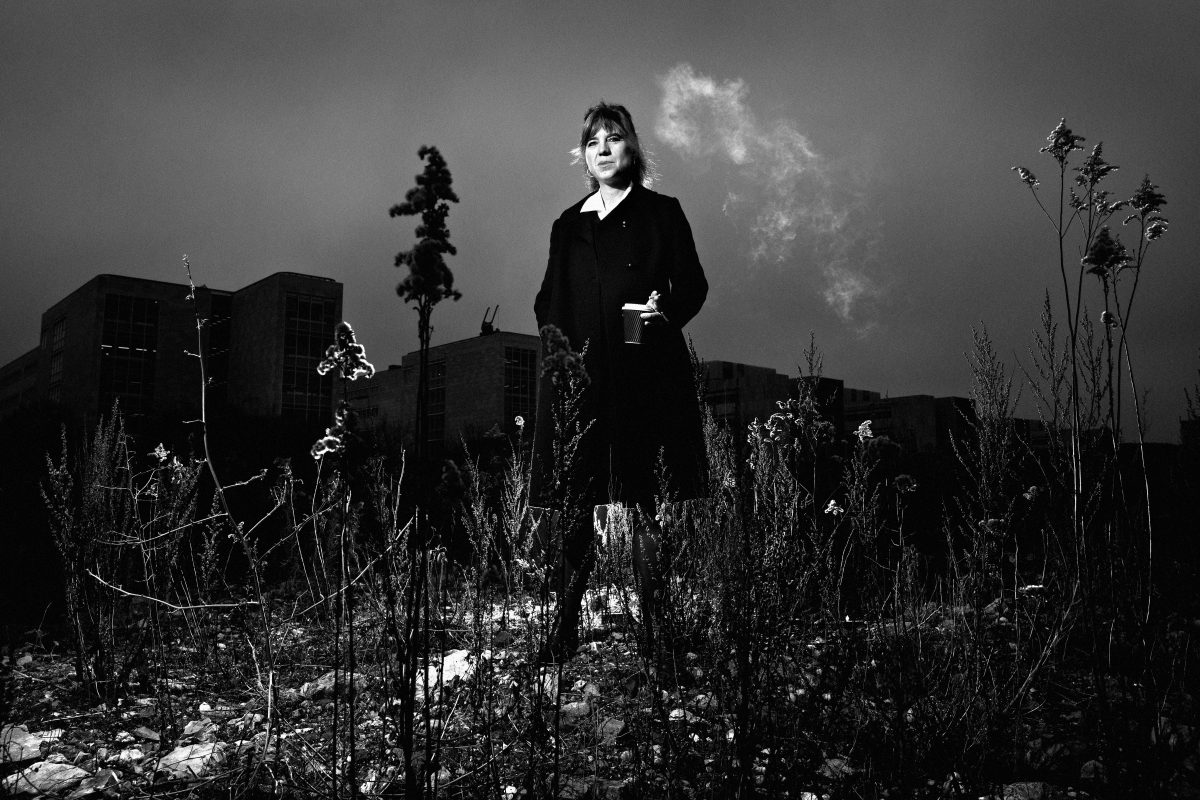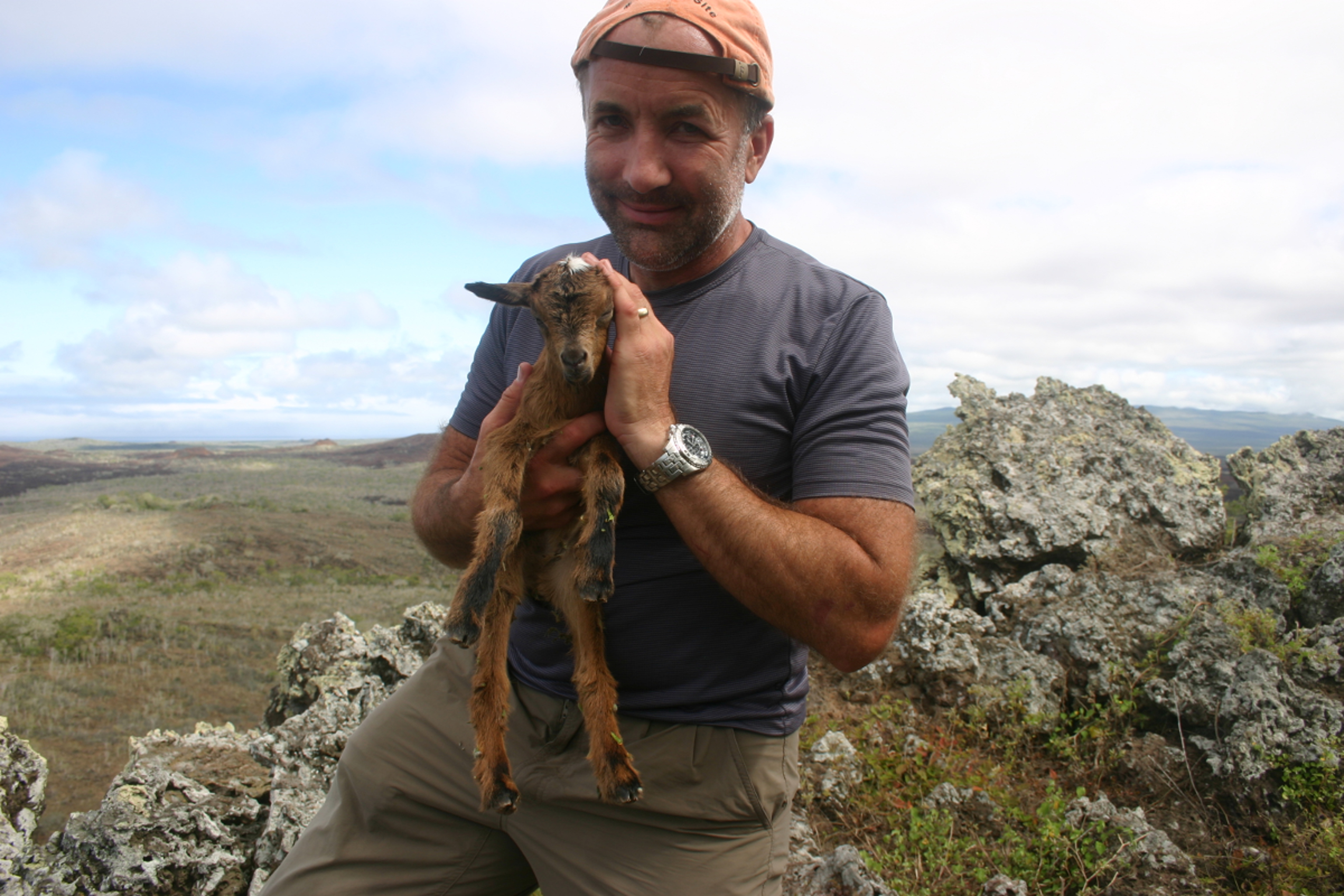Feminism
The Return to Archaic Forms of Power—An Interview with Marianne Stidsen
A basic principle of Western societies – in addition to the fact that all people are born free and equal – is openness to criticism.

The #MeToo movement has had an exceptionally deep impact in the Scandinavian countries, says Marianne Stidsen, associate professor of literature at the University of Copenhagen and a member of the Danish Academy. Quillette’s Paulina Neuding spoke to her about her recent book The Nordic MeToo Revolution 2018 – And Its Negative Impact (U Press Denmark, 2019).
Paulina Neuding: The Nordics are often regarded as hallmarks of gender equality – known, historically at least, for low levels of violence, progressive views on sexuality, and generous welfare provisions. Do you think that the egalitarian Nordics might have provided particularly fertile ground for a movement like #MeToo?
Marianne Stidsen: The #MeToo movement has had an exceptionally deep impact in the Nordic countries – just think of the cancellation last year of the Nobel Prize in literature, one of Sweden’s most esteemed institutions. But I actually don’t think that the explanation lies simply in Scandinavian gender equality. It is like any other historic revolutionary movement – many factors have to coincide to cause this sudden social and political upheaval that no one really saw coming.
And when I call #MeToo a ”revolution,” I mean it in all seriousness. I explore three instances in my book, where men have been judged by the media before having their cases tried by the legal system. The burden of proof has been reversed. And a violation of civil rights – such as the presumption of innocence and the right to a fair trial – is an attack on democracy itself, and ultimately undermines the legacy of the Enlightenment. We’re throwing two hundred years of struggle for human rights overboard.
PN: One case you explore in your book concerns a professor at the University of Copenhagen, Denmark. Could you tell us about that?
MS: Last year some fifty anonymous female students published an open letter to the country’s university rectors, claiming that sexual harassment and violence was ubiquitous at Danish campuses. Of course the letter didn’t mention any specific instances of such harassment or violence.
The principal of The University of Copenhagen responded by setting up a committee to devise new guidelines to address sexual misconduct. Based on these guidelines, a senior lecturer in the humanities was reprimanded and stripped of his responsibilities – even though he had been formally acquitted of all accusations directed against him.
This led to intense public debate in Danish media, prompting the University of Copenhagen to revise the rules just before the summer holidays. The new guidelines are not perfect either, but my impression is that the university has realized that freedom of expression and the right to a fair hearing must never be compromised.
PN: A writing school, where you were previously on the board, was targeted in another #MeToo scandal. What happened there?
MS: That case involved the principal of the Copenhagen Writers’ School – a cultural institution which I believe has had an immensely positive impact on Danish literary and cultural life since its founding in 1987. In the fall of 2018, the school board issued a press release stating that it had been informed of rumors of unacceptable behavior, and that it was asking victims and witnesses to come forth. The school principal was immediately fired.

It turned out that this decision was in part prompted by an open letter, signed by 55 Danish authors, calling on the board to investigate rumors that had flourished about the school for several years. This might sound like a noble cause, but as I show in my book, some of the signatories had wanted to have the principal removed for years for reasons that didn’t have anything to do with misconduct: The same people had opposed his appointment three years earlier, based simply on his gender. This is something I knew because I was a member of the board that hired him, and therefore closely followed the reactions. Shortly after he was employed we were criticized by a number of women – some of whom had been candidates for the same job – who saw the appointment of a man as proof of patriarchal structures in the literary world. But it wasn’t until #MeToo swept through Denmark that these women were able to have him fired.
PN: In the case of the Writers’ School the accusations were eventually investigated by a law firm. What did it find?
MS: When the lawyers went through the case, it turned out that many of the claims of misconduct came from people who had not been victims themselves but who had heard about others who had been mistreated. Some accusations really concerned minor issues: For example, one employee at the school had supposedly called a female student ”an old hag” – 20 years ago. Another former student reported that he, also many years ago, had written a piece that was severely criticized – which is something that one should expect at a writers’ school.
In the end, not a single case led to a police report. But by the time the law firm filed its investigation it was too late. The principal had already been fired.
PN. How have the Scandinavian countries differed in their response to #MeToo?
MS: Sweden was the country where #MeToo broke through first and had the most dramatic effects. I’ve already mentioned the Swedish Academy and the Nobel Prize, which is not just any brand. It is one of the country’s most well-respected institutions, and it is also intimately linked to the Swedish monarchy.
I think this has cultural and historic explanations, in part. Sweden’s version of the Scandinavian welfare society always leaned towards collectivism, at times at the expense of the individual. Sweden is known as the one Nordic country where consensus is the highest priority. Feminism has also become a kind of state ideology in Sweden.
Norway is in many ways similar to Sweden, both in terms of its collectivist streak and in the way that it has been affected by #MeToo. The movement took somewhat longer to break through in Denmark, which is much more individualist and liberal. It has traditionally been the least collectivist society in Scandinavia. But this hasn’t stopped #MeToo from catching on in Denmark as well. And as someone who witnessed the last convulsions of the 1968 revolt in Denmark, and Marxism’s long march through the institutions in the 1970s, I have never experienced anything like the #MeToo craze. I have a sense that I’m living through something that you would usually only read about in history books.
When it comes to the intensity of the #MeToo debate, Scandinavia is no different from North America, which is the epicenter of the entire victimhood culture that #MeToo is a part of. But in the Scandinavian countries the balance really has shifted from basic, individual rights, to social justice – as in the case with the professor at the University of Copenhagen that I write about in my book.
PN: There have been various anecdotal reports of how #MeToo has made professional life more, rather than less, complicated for women – with professors now being reluctant to take on female PhD students, or men hesitating to act as mentors for junior female colleagues. Have you seen any such tendencies at the University of Copenhagen?
MS: We have seen such tendencies at the University of Copenhagen, but so far to a lesser extent. I don’t know of any instances where male professors would not take on female PhD candidates or mentor female colleagues, which does not necessarily mean that such cases do not exist. But I do have male colleagues who insist that the door to the hallway be left open when they are alone in the room with female students or co-workers. Which, as you can probably imagine, creates an atmosphere of mutual suspicion from the very beginning.
But, even as a woman, I can fully understand if anyone prefers not to work closely with women as long as this #MeToo madness is going on. If I risked being judged on the basis of loose rumors, I’d be equally cautious. It’s a return to archaic forms of power: moralistic, opaque, unpredictable. And incredibly easy to abuse.
PN: Sexual harassment and violence affect millions of women worldwide. What would be a better response to the problem?
MS: First of all, we must realize that Western countries have achieved an unparalleled level of gender equality, and that this is thanks to the ideals of the Enlightenment. The Nordics have been particularly successful in this respect, due to the Nordic welfare state model. There is much to be improved, to be sure, when it comes to women’s rights and relations between the sexes. But all experience shows that gradual improvement is better than any sudden upheaval or revolution, which aims to change the entire basic structure of a society in one blow.
A basic principle of Western societies – in addition to the fact that all people are born free and equal – is openness to criticism. The kind of openness which Karl Popper referred to as informed criticism. So there should not be any sacred cows here: In principle, everything can and should be discussed rationally – not with emotions and accusations that leave no room for reasoned argument.
Marianne Stidsen is an associate professor of literature at the University of Copenhagen and a member of the Danish Academy. She is the author of The Nordic MeToo Revolution 2018 – And Its Negative Impact (Den nordiske MeToo-revolution 2018 – og dens omkostninger, U Press 2019).






